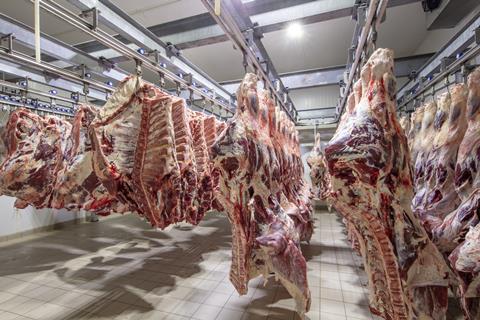
The Food Standards Agency is to review and improve how it protects the food system against rogue actors after coming in for criticism over how it handled the recent meat sector fraud scandal.
Speaking in the wake of a recent roundtable meeting with food sector stakeholders about the scandal, FSA CEO Emily Miles today announced the regulator was looking “to explore improvements to the current system”.
Miles said the FSA had secured the support of key industry bodies on its plan, such as the Association of Independent Meat Suppliers (which has been critical of FSA and National Food Crime Unit actions to tackle food fraud), plus the British Meat Processors Association, the British Retail Consortium, the Food & Drink Federation, the Food Industry Intelligence Network and Red Tractor.
Three key pledges proposed by the FSA included a review into the scope for “a single telephone number or website that whistleblowers can contact to report concerns about food businesses”, Miles said.
Under fire
There are currently multiple telephone lines run by industry bodies, as well as one run by the FSA, called Food Crime Confidential – which has come under fire for a lack of cut-through within the food sector.
Miles added the regulator would also look to strengthen the role that third-party audits – used by retailers and manufacturers to check their own supply chains – can play in passing on information to regulators to help prevent food fraud.
Finally, the FSA planned to look at “the best format and mechanism” for it to share intelligence-based alerts to better warn businesses about problems in supply chains, Miles said.
AIMS and others have been hugely critical of the regulator’s approach to such warnings.
The trade body cited how it had failed to glean any further information on the recent scandal until information around the investigation was first exposed by Farmers Weekly in March, followed by further revelations in April. This came despite some information on the NFCU case, titled Operation Hawk, already being in the public domain for more than a year.
The FSA had also placed too much emphasis on sharing information with the Food Industry Intelligence Network – whose membership of fewer than 60 major food businesses contrasted with the many thousands of businesses in the wider food industry, leading to a “fundamental flaw” around the flow of communication from the regulator to the wider sector, AIMS argued last month.
Read more: Is the Food Standards Agency and its National Food Crime Unit fit for purpose?
“We are convening a working group with industry with a first meeting planned for May,” said Miles.
“The FSA also remains concerned about the pressure on local authority resources to tackle food crime, but will continue to help local authorities make the best use of the resources they have,” she added, echoing concerns voiced in an interview with The Grocer last month.
Miles’ announcement was welcomed by the BRC’s director of food and sustainability Andrew Opie, who said it supported the FSA’s proposal to explore “a simpler, more refined hotline for whistleblowing, as well as ensuring information is shared as effectively and efficiently as possible to prevent and tackle food crime”.
Fully committed
Meanwhile, Helen Sisson, director and co-chair of FIIN, said: “We are fully committed to working with the FSA and our partners in the food industry to strengthen the system. It is imperative that the public has confidence in UK food and an important part of that is ensuring food crime in supply chains is identified and dealt with quickly.”
The “industrial-scale” fraud scandal first erupted after a Farmers Weekly investigation claimed an un-named meat supplier, had (until at least the end of 2020) been passing off tens of thousands of tonnes of imported pork as British every week through a complex deception – which allegedly saw it mixing small amounts of British pork with cheaper imported product in a bid to falsely claim UK provenance on country-of-origin documentation.
The business was also accused of widespread food safety breaches, including the regular “washing” of hams visibly off and the mixing of rotting pork with fresh product for further processing.







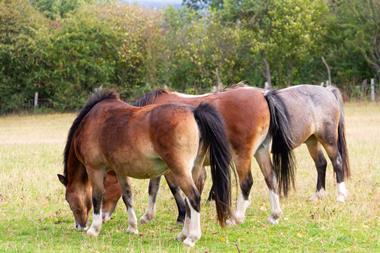

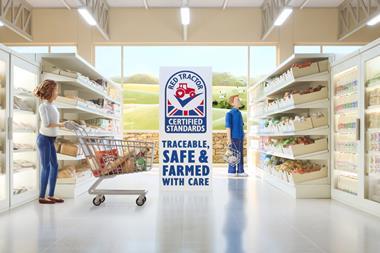
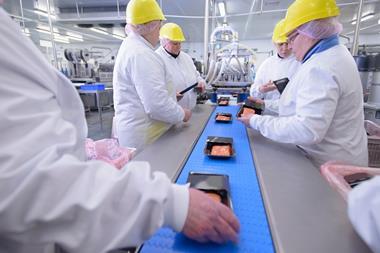
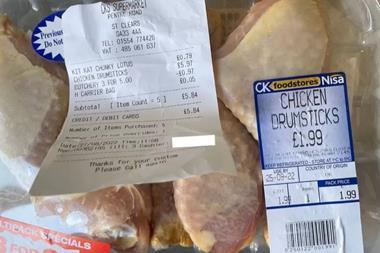
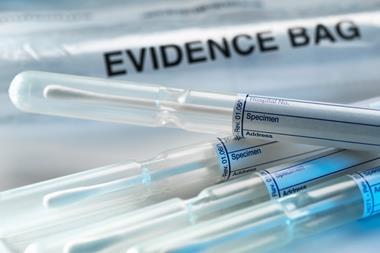
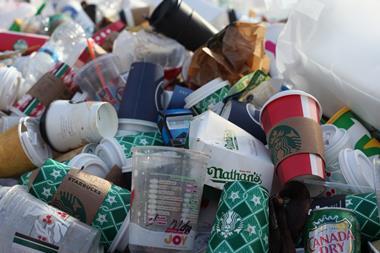
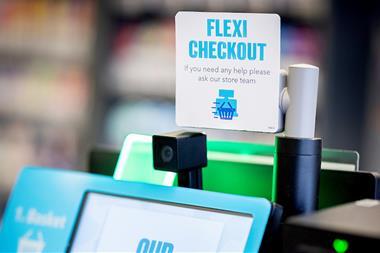




1 Readers' comment